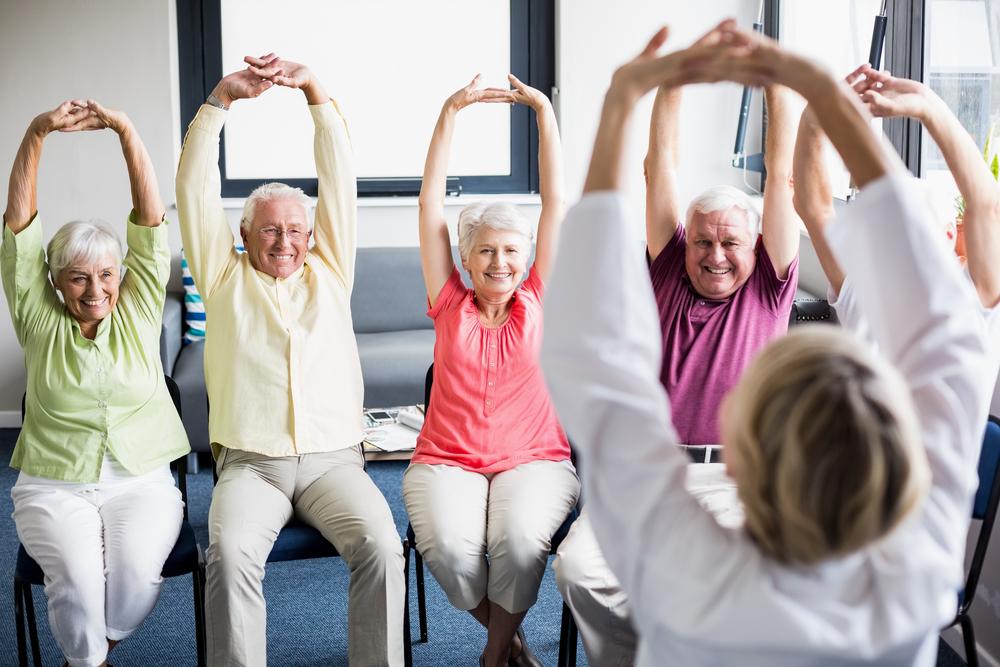Want the secret to living a longer and healthier life? Scientists have found ways to prolong the healthy lifespans of worms, mice, and even monkeys. Their work has revealed exciting new clues about the biology of aging. But solid evidence still shows that the best way to boost the chance of living a long and active life is to follow the advice you likely heard from your parents: eat well, exercise regularly, get plenty of sleep, and stay away from bad habits.
People born in the U.S. today can expect to live to an average age of about 79. A century ago, life expectancy was closer to 54. “We’ve had a significant increase in lifespan over the last century,” says Dr. Marie Bernard, deputy director of NIH’s National Institute on Aging. “Now if you make it to age 65, the likelihood that you’ll make it to 85 is very high. And if you make it to 85, the likelihood that you’ll make it to 92 is very high. So people are living longer, and it’s happening across the globe.”





